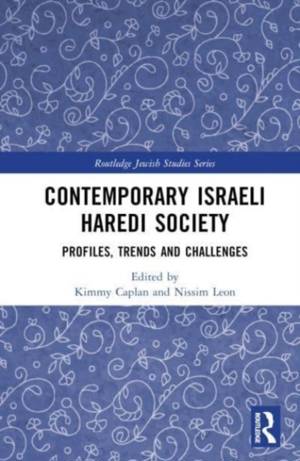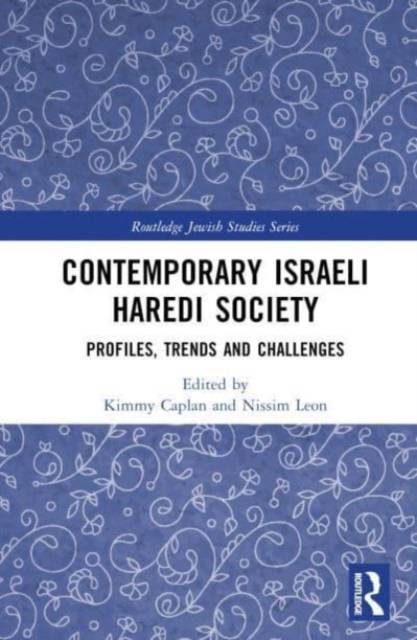
- Afhalen na 1 uur in een winkel met voorraad
- In januari gratis thuislevering in België
- Ruim aanbod met 7 miljoen producten
- Afhalen na 1 uur in een winkel met voorraad
- In januari gratis thuislevering in België
- Ruim aanbod met 7 miljoen producten
Contemporary Israeli Haredi Society
Profiles, Trends, and Challenges
Omschrijving
This edited volume offers profiles of contemporary Israeli Haredi (i.e., Jewish Ultra-Orthodox) society from several disciplinary points of view, resisting a generalized approach and examining the different, sometimes competing currents, that define it.
It is argued that Haredi society has undergone a process of rejuvenation in recent history: demographically, it has experienced steady and consistent growth; on the Israeli political stage, Haredi parties have become increasingly influential; and culturally, the Haredi presence is increasingly felt in Israeli news media, popular movies, and TV series. Each of the chapters in the book focuses on a particular topic and combines research findings with an assessment of the current state of the field. These topics encompass Haredi ideology, politics, military service, education, geography, the media, and healthcare - together, they paint a complex picture of Haredi society as one of contradictory layers, dimensions, and aspects.
Making sense of contemporary Haredi society is critical for anyone interested in understanding Israeli society as a whole, but the book will also appeal to historians of religion, scholars of contemporary conservative enclave religious societies and cultures, and those who focus on Jewish studies in the modern era.
Specificaties
Betrokkenen
- Uitgeverij:
Inhoud
- Aantal bladzijden:
- 234
- Taal:
- Engels
- Reeks:
Eigenschappen
- Productcode (EAN):
- 9781032325583
- Verschijningsdatum:
- 29/09/2023
- Uitvoering:
- Hardcover
- Formaat:
- Genaaid
- Afmetingen:
- 156 mm x 234 mm
- Gewicht:
- 530 g

Alleen bij Standaard Boekhandel
Beoordelingen
We publiceren alleen reviews die voldoen aan de voorwaarden voor reviews. Bekijk onze voorwaarden voor reviews.








